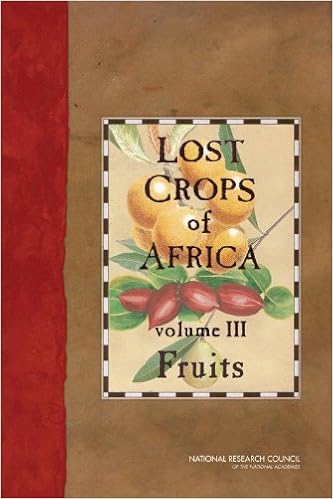OK, I've been finding these discussions about
landrace gardening interesting, and something kept scratching at the back of my memory. Then, I remembered that a couple of years ago, I found this series
online
The Lost Crops of Africa
I have always found them interesting, and many of the concepts discussed here are echoed in these
books.
There's a book each for grains, vegetables and fruits. The books talk about various crops that used to be at the heart of African diet and usages, and due to the influx of Western crops, such as corn, these mentioned crops have fallen into disuse. However, they have already stood the test of time and work well there. The idea is that if people would grow these (reasonably)
native crops, they might be able to alleviate hunger and poverty, at least to some extent. Some "Lost" crops have already found their way to the US and other places, so that they aren't very lost anymore. Such as Amaranth.
With every food type, there is also a discussion of how the crop could be improved - either crossed with wild types or other varieties to work better for certain microclimates or better output.
I just thought that you guys might find this interesting.







